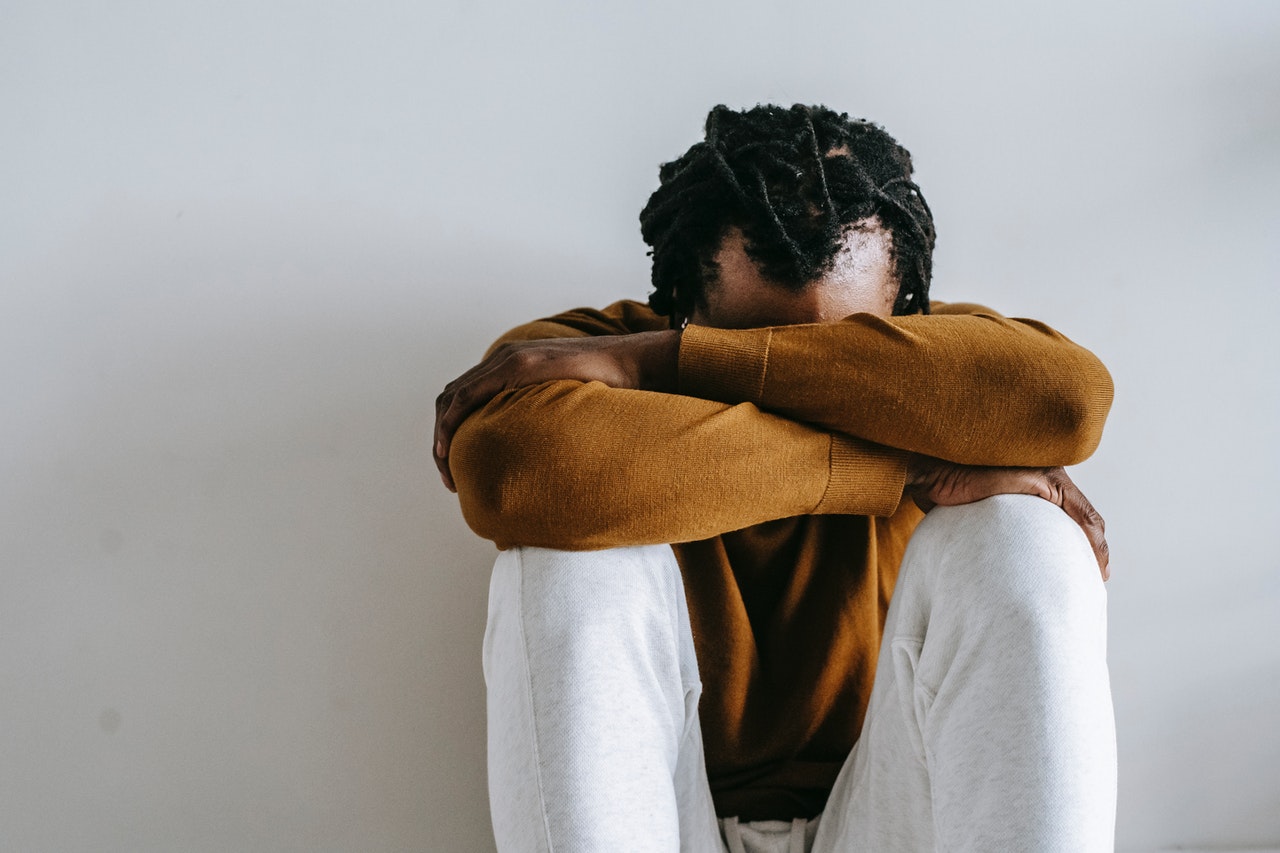
When a tragedy hits, we may find ourselves thankful for the chance. Other times, we may feel the unwanted guilt it brings. A survivor is always grateful for the chance of life. However, as he darts through the course of life, he will remember the tragedy in details and will always wonder, the could haves and the what ifs.
Survivor’s guilt is a common reaction to traumatic or life-altering events wherein a person was able to overcome the incident while seeing other people perish. Feeling extreme guilt over a person’s passing is a symptom of post-traumatic stress disorder (PTSD) wherein professional help is needed for intervention.

People who may suffer from survivor’s guilt are but not limited to the following:
These are the most common symptoms displayed by a person suffering from survivor’s guilt.

Do you know someone who may have been suffering from survivor’s guilt? Here are tips you can share to alleviate the pain of this traumatic response.
When it comes to feelings such as survivor’s guilt, it is crucial to share it with friends, family or a professional. Although there are instances where loved ones may not understand what you feel, this is the time to lean into support groups.
Because of this pandemic, face-to-face interactions may be restricted. If this is the case, online communities who have experienced the same as you can help alleviate the troubles or the consequences of such feelings.
Because survivor’s guilt is a natural response to a traumatic event, the best thing a person can do when faced with such incident is to accept the situation. Yes, it is hard and may not come instantly but the process of acceptance is a long and grueling one. Take the time to process every step of acceptance. The grief, the anger, the loneliness, the doubt, let that all sink in.
Being mindful of one’s tendencies and emotions is a great way of coping up with the negativities of the situation. You can learn more about grounding techniques such as focusing in one’s breath or feeling the sensation of things around them.
Another thing a person can try is to give himself extra TLC. Meditating, aromatherapy, yoga, or exercise are great outlets.
Photos: Pexels.com